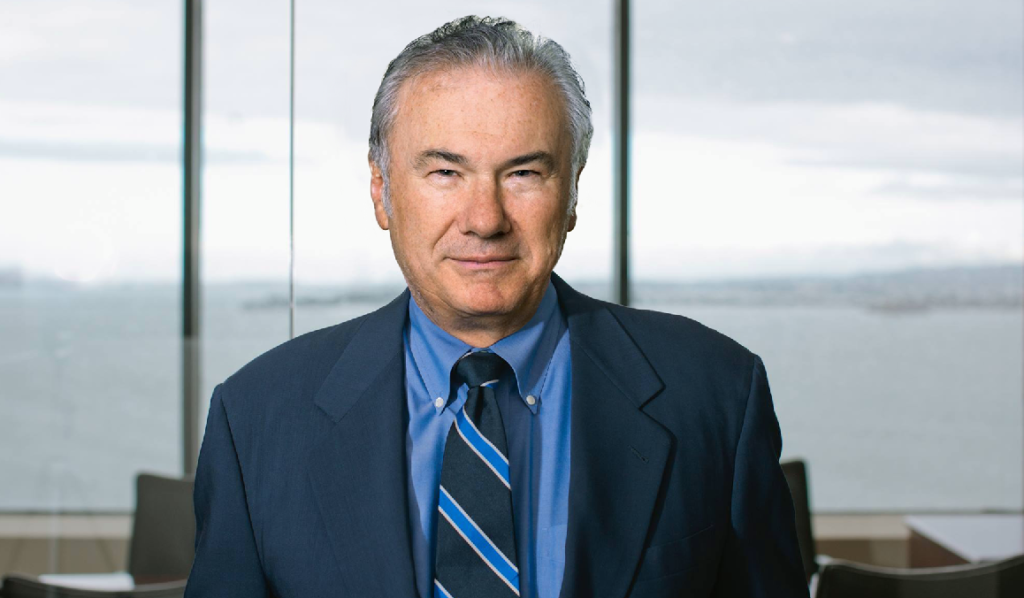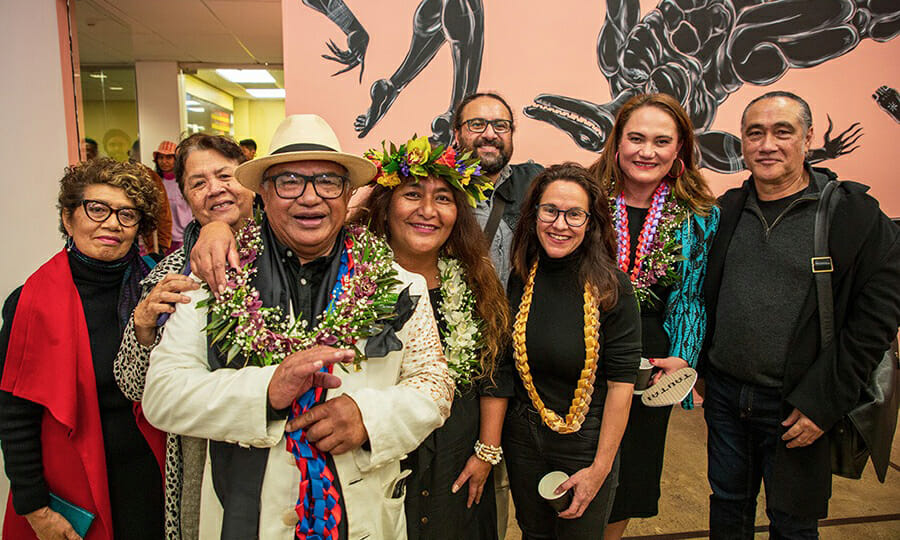
Can you talk briefly about your professional background. How did you get to be where you are today?
I received an undergrad degree and double masters (hon 1) from the University of Canterbury, and an MA and PhD in economics from the University of Pennsylvania in Philadelphia. I taught first at Stanford, then at the University of California Berkeley where I have been on the faculty for over 30 years.
At UC Berkeley I founded what is now called the Institute for Business Innovation. In recent years, my research has been focused on strategic management. I have also continued my long standing research and writing on technology commercialization and competition policy. Along the way, I’ve built three enterprises to revenues in the hundreds of millions, and taken two public.
I’m currently Chairman of the California headquartered Berkeley Research Group, which has over 1300 employees and over 40 offices worldwide. I also have farming, forestry, and viticulture (Mt. Beautiful) interests in New Zealand and am a partner with Sir Stephen Tindall in Branches Station. I also partner with fellow Kiwis Mark Ching and Chris Alpe with the Vomo Island resort, Fiji.
What were your intentions, alongside Sir Stephen Tindall, when setting up Kea almost two decades ago?
We set out to define greater New Zealand, not by its geography, but by where Kiwis live, whether at home or abroad. We estimated that there were about 1,000,000 New Zealanders living abroad; and we believed then and now that practically all of them had strong and positive views of New Zealand.
We wanted to help galvanize this community to allow not only greater networking amongst the expatriats, but to allow and enable stronger connections to New Zealand, whether it be in business, the arts, the sciences, or otherwise. We started with a Silicon Valley chapter, but then Kea rapidly expanded reach to New York and London and then around the globe.
Why do you believe it’s so important for New Zealand to continue to engage with Kiwis once they head offshore?
We thought that there were benefits both ways… to New Zealanders’ at home as well as the expat community abroad… flowing from greater interaction, and professional, business, and scientific engagement of all kinds. We believed Kea would facilitate transnational learning and the development of opportunities for exchange, communication, working partnerships, and friendships.
How do you personally stay connected to New Zealand?
I stay connected through family (including a brother) in Nelson, friends, investments, and through recreational activities mainly on the South Island.
What are the top skills you believe are essential in running a business?
One always needs some basic operational skills, and/or the ability to work well with those that do. But the secret sauce to greatness is an entrepreneurial management style that I call Dynamic Capabilities… which requires the top management team to be adept at integrating internal and external assets and resources in innovative configurations that enable businesses to identify and address and expand new market opportunities.
Covid-19 has had a detrimental effect on many Kiwi businesses. What advice would you give to those still looking at expanding into offshore markets?
Move on and move out; the US economy is now expanding rapidly and there are opportunities for New Zealand and Australia in the Indo-Pacific region, particularly as the US decouples from China.
What are the top things you believe small businesses should be focusing on right now?
Developing technology based solutions to global market opportunities. New Zealanders are good at solving problems; but new businesses are needed that focus on users/customers in large markets, and are not too focused on New Zealand and Australia. Having one foot in the US, Europe, and/or the Indo-Pacific region is important.
What do you believe the long term impact of Covid-19 will be on Kiwi businesses?
New Zealand is paying a high price for its COVID-19 strategy economically. Industries like tourism and international education have been crippled and the public seems to have largely forgotten about them as the nation essentially goes about its business. Whilst it’s been successful at managing the health risk, the country needs to dramatically and urgently privatize and scale quarantining to allow the free flow of long stay visitors, with a talent and tourism heavy focus. Safe entry at scale is possible and allowing it will help the New Zealand economy and society immensely.

 MENU
MENU











